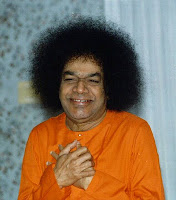
Mano Moolam Idam Jagath. The mind is the basis for all creation. Therefore, the mind is the key for getting either bound to or liberated from this world. Mana Eva Manushyaanaam Kaaranam Bandha Mokshayoho. Turning the mind towards the world gets us bound to it whereas turning the mind towards God liberates us and takes us to eternal freedom. However, this is easier said than done. Controlling the mind is an uphill task. Bhagawan often refers to the human mind as a monkey mind. To add it further, He says, it is like a monkey that is drunk and also bitten by a scorpion! How then can we put a check to the vagaries of this mind and turn it inwards towards our true Self (God)? For this, just like any doctor would do, we need to conduct a diagnostic check and identify what the disease is, in the very first place. Our dear Lord as the Divine Doctor comes to our rescue here. Being the very creator of the mind and the world, He is the only one who could give us a detailed explanation of the anatomy of our mind, and that is precisely what He does in this posting. Bhagawan explains to us three critical vagaries of the human mind that are responsible for the illusion that it creates and for subjecting us to Self-forgetfulness, thus binding us to this illusory world. These three vagaries of the mind are Mala, Vikshepa, and Aavaranaa. Bhagawan explains each of these in detail, and also gives the solution, the road map to overcome these vagaries and realize our True Eternal Self (God).
In order to have a comprehensive understanding of the vagaries of the mind, audio clips from different discourses on the explanations for Mala, Vikshepa and Aavaranaa have been included. At times, there may be slight repetitions of some points. Hope it would help in reinforcing the point further. There are 17 excerpts from Bhagawan’s Discourses on the five values of Yama, in this posting. These excerpts have been selected from Discourses given by Bhagawan Baba in the years 1990 and 1991.
Clip-1 explains how, though all that we see is God, we fail to acknowledge the same. It goes on to elaborate the cause for this delusion as the three vagaries associated with the mind – Mala, Vikshepa and Aavarana. In Clip-2, Bhagawan explains the mechanics of the mind. He explains how mind is the basis for all creation, how mind is responsible for both bondage and liberation, and finally focuses on the three defects associated with the mind. Clip-3A and Clip-3B describe the first defect of the mind called Mala. Clip-4 and Clip-5 provide a roadmap for removing the defect of Mala. In Clip-6A and Clip-6B, Bhagawan describes the second defect of the mind called Vikshepa. Clip-7, Clip-8 and Clip-9 give the solution to overcome and get freedom from Vikshepa. In Clip-10A and Clip-10B, Aavarana, the third defect of the mind is explained in detail. Clip-11, Clip-12, Clip-13 and Clip-14 all focus on the solution for overcoming Aavarana.
Each audio clip has a name that adopts the following code: Serial number, Title appropriate to the key content, Duration of the clip, Year-Month-Date of the Clip. Below the title is the translation in English of the select excerpt of the Discourse, followed by the audio player. The post ends with a short quiz that would help you evaluate your assimilation of Bhagawan’s Message from these extracts.
Note: Those receiving this blog by email may see words bunched together due to a technical glitch. That is beyond my control. Please click on link at the top of the email to read the blog directly. Sorry about this. If anyone has a solution to this please help me out.
01-Pashyanapicha Na Pashyati Moodho-Three Reasons-Mala-Vikshepa-Aavarana-1.51-1991 March 17
 |
| Seeing and yet, Not Seeing |
Likewise, it has been said: “Pasyannapicha Na Pasyathi Moodho” (Even while seeing, the fool does not see). That is, even while seeing God, experiencing God and enjoying God, he deludes himself saying, “I want to see God”. Such a person is a Moodho – a fool. Everything that man sees – is it not a manifestation of God? Everything that man experiences – is it not an expression of the Divine? All that man enjoys – is it not a form of the Divine? Is God to be found in any distinct place? Bliss is the very form of God. Everything that is seen is Divine. The world itself is God. Therefore, “Pasyannapicha Na Pasyathi Moodho”. Thus, man performs actions, but is under the delusion that he is not doing any action. He sees God, but is under the delusion that he is not seeing God. There are three reasons for this aberration. Mala, Vikshepa and Aavarana.
02-Three Defects of the Mind-Mala-Vikshepa-Aavarana-3.11-1990 May 25
 |
| Mind is the basis for all this Creation |
Mano Moolam Idam Jagath – The entire creation is based on the mind. Whether it is happiness or sorrow, merit or sin, truth or untruth, injustice or violence; all these take place inside the mind of man. The mind is the cause for everything. Mana Eva Manushyaanaam Kaaranam Bandha Mokshayoho – The mind is the cause for both bondage and liberation. The mind is like a clean mirror. But it does not have a self-luminous capacity. It takes shelter under the sense organs. The mind sees through the eyes. It cannot see on its own. It hears through the ears, but has no capacity to hear on its own. In this manner, the mind carries out its work and functions through all the sense organs. Consequently, the offences committed by the senses are reflected in the mirror of mind. These sense organs are associated with the thought processes. Then, who is to be blamed and held responsible? The sense organs or the mind? No blame attaches to the mind per se. It is only the association with the senses that pollutes the mind. According to the Scriptures, the mind is subject to three kinds of defects: Mala, Vikshepa, and Aavarana.
03A-Mala-The First Defect of the Mind-1.14-1991 March 17
 |
| Mala is dust on the mirror of the mind |
Mala refers to a mental state comparable to a dust-covered mirror. One can see one’s reflection clearly only when the dust on the mirror is wiped away. The heart that is naturally pure is covered by impurities created by the three gunas related to our life (Satva, Rajas and Tamas). These impurities can be removed only when we put in an effort. However, instead of removing these impurities, we are adding on more impurities to them. Consequently we are unable to perceive the unsullied, eternal Spirit (Atman) within us.
03B-Mala-The First Defect of the Mind-2.37-1990 May 25
 |
| Mala is the dirt accumulated in the mind over births |
What is Mala? In life, man commits many offences, knowingly or unknowingly. Not only in this life but also in previous lives, birth after birth, many mistakes are committed. The dirt associated with these defects is imprinted on the chitta (memory), life after life, birth after birth. When dirt /dust gets accumulated on the surface of the mirror (of the mind), we cannot get a true reflection of ourselves in the mirror. On account of this, man is unable to see clearly the reflection of his real identity, recognize his true Self, in the mirror of his mind. Hence, it is necessary to put in efforts to cleanse the mirror of the impurities covering it. How can we clean this mirror? What is the methodology? What is the approach to be followed to clean the (mirror of the) mind? This cleansing is done by regulating one’s food and other living habits. Past is past. What is gone is gone. At least in the present we must follow the right path and make an effort to cleanse the mind.
04-Removing Mala through Purity of Food-Paatra-Paaka-Padhaartha-Shuddhi-5.50-1990 May 25
 |
| Mala can be removed gradually by consuming pure food |
Students who are youth should consume pure food that is free from all defects. Under any circumstances, we must not partake of food that is associated with defects. Bhiksham Deharakshaartham, Vastram Sheetarakshanam (Food is for the purpose of nurturing the body and clothing is for protection from the cold). Food is given to protect the body. However, food that causes diseases in the body is not the right type of food. This is what the Bhagavad Gita preaches as an important dictum – Paatra Shuddhi (purity of the vessel), Paaka Shuddhi (purity of the cooking process, which includes purity of the cook), Padaartha Shuddhi (purity of the materials used).
How have we procured the material that we use for cooking food today? We must enquire whether these materials have been bought by fair means or by unfair means. Food procured by unfair means is the main cause for ailments in the body and lack of peace in man today. We are not acquiring food in a proper, fair and just manner. Carried away by temporary worldly and physical satisfaction, without thinking and without exercising our discriminatory power, we are taking to the wrong path and acquiring food in unfair ways.
First of all, to clean the Mala (impurity of the mind), we need to partake of pure food. However, the power to discriminate as to what is fair and what is unfair is very less in ordinary people. They would not know whether the cooking vessel is pure or not (Paatra Shuddhi). Purity of the material (Padaartha Shuddhi) is even more difficult to determine. What are the feelings of the cook (Paaka Shuddhi– feelings of the cook influence the process of cooking) is totally unknown to us. If we have to wait to determine the purity of all these three aspects, our stomachs will disintegrate! Therefore, if we offer the food to God while partaking of it, the food will become pure.
If anyone asks the question as to where God is, a reply comes from within them.
Aham Vaishvaanaro Bhutvaa, Praaninaam Dehamaashritaha
Praanaapaana Samaayuktaha, Pachaamyannam Chaturvidham
Aham Vaishvaanaro Bhutvaa – The reply comes – I am in the form of Vaishvaanara in your stomach and am digesting the food eaten by you. But then, when does He digest the food? Only after eating, the food is digested. Therefore, if we partake of food without offering it to God, many defects, many pollutants and many sins enter into the food. That is why,
Brahmaarpanam Brahma Havir
Brahmaagnou Brahmanaa Hutham
Brahmaarpitam – As we eat the food considering it as an offering to God, it no more remains as food, but becomes Prasaadam, and all the defects are removed from the food. By this, the dirt that is accumulated on the mirror of our mind (Mala) can be removed slowly and gradually. Once again the mirror of the mind will become clean and pure.
05-Removing Mala-Importance of Constant Practice-2.09-1990 May 25
 |
| A Diamond has to be cut a number of times to make it valuable |
By the above method (of consuming pure food that is free from defects), the dirt sticking on to the (mirror of the) mind can be removed gradually. Once again the mirror of the mind will become clean and pure. However, this cannot be achieved in one day, in one year or in just one trial.
Sreyo Hi Jnaanam Abhyaasaat
Jnaanaad Dhyaanam Vishishyate
Dhyaanaat Karma-Phala-Tyaaga
Tyaaga Shantir Anantaram ll 12 – 12 ll
(If you cannot take to practice, then engage yourself in the cultivation of knowledge. Better than knowledge, however, is meditation, and better than meditation is renunciation of the fruits of action; for by such renunciation one can attain peace of mind)
One has to practice. Every human who is born is able to learn the art of walking, talking, reading, writing and eating only through practice. Therefore, practice is essential even for this purpose (i.e. for removing the dirt from the mirror of the mind).
Anaga nanaga raga mathisayinchu chundu
Thinaga thinaga vepa thiyyanundu
Sana rapidi chetha sagamayai povunu
Apaina varmetlu Anubhavinthuru
As you keep hearing the Raga (tune) you will feel happier
As you keep eating neem leaves you will feel it sweeter
As you keep rubbing (refining) your bad thoughts, they will be reduced to half
Otherwise how can you enjoy the boon?
Even for a diamond to get value, it has to be cut a number of times. For gold to be made pure, it has to be burnt in the furnace and purified again and again. In the same manner, the human mind also has to be refined or cultured. By this process, the dirt sticking on to the mind can be removed to some extent.
06A-Vikshepa-The Second Defect of the Mind-1.05-1990 May 25
 |
| Vikshepa is the unsteadiness of the mind |
The second defect (of the mind) is Vikshepa. The mind is like a mirror. So long as the mirror is wavering, the reflection in it also keeps wavering. Therefore, as the wavering mind keeps oscillating here and there, your reflection in it also keeps wavering. That is why Arjuna told Lord Krishna, “Chanchalam Hi Manah Krishna Pramaadi Balavadrudam”. He prayed to Lord Krishna, “I am unable to live with this wavering mind Krishna. It is highly dangerous and overpowering”.
06B-Vikshepa-The Second Defect of the Mind-3.15-1991 March 17
 |
| If one has total faith doubts can never arise |
What do we mean by Vikshepa? Vikshepa refers to the phenomenon of constantly moving or wavering. What do we mean by this movement or wavering? The nature of the three Gunas (Satva, Rajas and Tamas) and the impact of the likes and dislikes of man, influence the mind and result in constant doubt in all aspects of life. Man’s entire life is filled with doubts. Whatever we undertake to do, the doubts as to “whether this will happen or not”, “whether I will be able to accomplish or not”, cause the mind to waver constantly. What is the reason for this? Lack of total faith is the cause for this doubt. If one has total faith, such doubts can never arise.
Man has been making an effort to free himself from such doubts. However, he is deteriorating to a point wherein he is unable to have belief in his own self. Unable to have faith in the safety of the money in his own pocket and with the fear that it may get lost, he asks somebody else to keep the money in his pocket. Even if he hands over the money to someone else to keep in his pocket, does he remain free from fear with the confidence that the money will be safe? No. He is now haunted by the doubt whether that person will give back the money or not.
Thus man’s entire life is getting transformed into an anthill (mound) of doubts. In this anthill of doubts, the snakes of attachment and hatred (Raaga and Dvesha) make their entry. Therefore, man’s life has become an anthill. One never knows when the snakes of attachment and hatred will spring forth from this anthill. Man is bound by this attachment and hatred. And the cause for this attachment and hatred is doubt.
07-Removing Vikshepa-Navavidha Bhakti-2.57-1990 May 25
 |
| The nine types of devotion are prescribed to steady the mind |
What is the method to make this unsteady mind into a steady one? The nine forms of devotion (Navavidha Bhakti) have been prescribed for meditation, prayer and contemplation, so as to gradually steady the wavering mind.
Sravanam, Keertanam, Vishnu Smaranam, Paada Sevanam, Vandanam, Archanam, Daasyam, Sneham, Atma Nivedanam.
When man prays with a pure heart along the path of the Navavidha Bhakti, he will be able to gradually steady the wavering mind. However, the youth of today are further polluting their already polluted minds. When a mossy object covered with moss, is washed with moss itself, can it ever become clean? A mossy object has to be washed with clean water. But, unfortunately such wisdom is absent in the youth today. In the current education system, the aspect of discrimination and wisdom is missing. Therefore, selfishness and self-centeredness is on the rise. Students are clamouring for worldly and materialistic comforts and pleasures. Students are the leaders of the future. If the hearts of the students who are going to be responsible for the progress of Bharath is polluted, the administration and governance of Bharath will also be polluted.
08-Removing Vikshepa-Bend the body-Mend the senses-End the mind-5.02-1990 May 25
 |
We have right only on our actions
Bend the body, Mend the senses, End the mind |
We need to make an effort to gradually reduce the wavering nature of the mind. That is concentration. What should we do in order to develop this concentration? We need to bend the body, mend the senses and end the mind. This is the process of attaining immortality. Therefore we need to bend the body, put in effort and perform our actions. Mend the senses – we need to earn the strength to keep the sense on the right track. We need to keep the mind under our control. Only when we keep the body, the senses and the mind under our control, will we be Masters. Else, we will be slaves.
Students are referred to as Masters. Master is the one who has his senses under control. If one exceeds and transgresses the status of the Master, he will then become a Mister. You are now in the stage of Master. Having the name of a Master and leading the life of a slave becomes a black mark in our life. Students, yielding to the dictates of our senses, for the sake of the senses, we must never take to the wrong path. We should learn education, but should never divert our mind towards anything else – be it worldly, material, or political. Then only will you be a student – Vidyaarthi. If not, you will become a Vishayaarthi (seeker of sensual pleasures). Only if you maintain the mind in the right manner, you are a student; if you take it along the wrong path, you are a stupid.
Dear students, you all must transform yourselves into true students. To get such an accomplished stature, we need to develop Chitta Shuddhi – purity of mind. We must develop steadiness. Spirituality is the right path to develop such steadiness.
Karmanyevaa Adhikaaraste – We have right only on our actions. We must perform actions. We must bend our body. We must purify our heart. It is not in accordance with our duty to merely eat and laze around. Laziness is rust and dust. Realization is best and rest. Therefore we must realize – Who am I? Who am I? Who am I? Am I an animal or a human being? This must be investigated thoroughly. In the same manner, we have religion. To realize is religion. With this sort of enquiry, the dirt that has got into us can be cleaned to some extent.
09-Removing Vikshepa-Develop firm Faith-Discover who you are-3.14-1991 March 17
 |
| Find out “Who am I?” |
Man must develop firm faith. Even if he does not have faith in God, it is fine; let him at least develop faith in himself. Faith in oneself is faith in God. There is no God separate from him. Whether one is an old man, a youth, a young child, a woman, a king, a farmer or a beggar; each one while referring to oneself will say, “I”, “I”. “I am a beggar”, “I am a king”, “I am a woman”, “I am a man”, “I am an old man”, “I am a youth”, “I am a young child”. In all these, we find the common principle of “I”. This principle of “I” is the Atma. Man is using this word “I” from dawn to dusk without understanding its true significance. The word is being used in a futile manner and thus life is getting wasted. We say, “My body”. That means the body exists separate from you, is it not? Then, who are you? Man is not making an effort to enquire into this Truth. Vikshepa means having doubts. This makes man’s life unstable. Unsteadiness can never result in peace. Peace runs away from an unsteady heart (mind). We should therefore put in an effort to develop steadiness (of the mind).
10A-Aavarana-The Third Defect of the Mind-1.01-1991 March 17
 |
| Aavarana is the desire that has engulfed the mind |
The third defect is Aavarana. What is it that has engulfed us? Our desires have engulfed us. Man is bound by his desires. He is engulfed by desires in front of him, behind him, above him and below him. In whatever state man is; in whatever he talks, hears, does or thinks; his desires do not leave him. Man is bound by the rope of desires. Dhana vancha (desire for wealth), Adhikara vancha (desire for power), Aarogya vancha (desire for good health), Keerti vancha (desire for fame and repute), and many more desires engulf him.
10B-Aavarana-The Third Defect of the Mind-1.42-1990 May 25
 |
| Aavarana is the thick cloth that covers the mirror of the mind |
What is Aavarana? If you cover the mirror with a thick cloth, will you be able to see your reflection in it? Certainly not. On account of the Mala, we are seeing our reflection as a dirty one; on account of Vikshepa, we are seeing our reflection as a wavering one. We consider this wavering as our nature. We defend ourselves saying that all this is natural as I have this human body. On account of Aavarana, we think that we have no true form at all. We start considering this body itself as our true form.
Students whatever we see, experience and enjoy are all reaction, reflection and resound. But there is one reality, which we are forgetting. We are going by the reaction, we are hearing to the resound and we are seeing the reflection; but it essential to recognize that there is a basis for all this.
11-Removing Aavarana-Reduce your Desires-1.04-1991 March 17
 |
Offer all your actions to God
Sarva Karma Bhagavat Prityaartham |
Desires are not wrong. One needs to have desires, but there must be a limit to it. Man is getting bound on account of limitless desires. We have to make an effort to gradually reduce our desires. Perform all your actions, experience all the worldly joy and comforts, but recognize the truth that the results of all your actions are in the hands of God. Whatever actions you do, do it with the feeling that you should please God (Bhagavat Prityaartham). Such a sacrifice alone will enable the blossoming of man’s nature.
12-Aavarana-The Cloth of Six Vices cover the Mind-0.20-1990 May 25
 |
| The six vices cover the mind as Aavarana |
What is the thick cloth that covers the mirror (of the mind)? It is the cloth of six vices – Kaama (desire), Krodha (anger), Lobha(greed), Moha (attachment), Mada (pride), Maatsarya (jealousy).
13-Aavarana-The Cloth of Eight Forms of Pride cover the Mind-3.50-1990 May 25
 |
| Eight forms of pride cover the mind as Aavarana |
Dhana madam (pride of wealth), Vidya madam (pride of scholarship), Kula madam (pride of lineage), Aishwarya madam (pride of prosperity), Saundarya madam (pride of beauty), Yauvana madam (pride of youth), Tapa madam (pride of penance) [the eight one is most likely Pada madam – pride of position or status based on Discourse given on 07-07-1990] – these are the eight forms of pride that are covering the mirror (of the mind). For how long does this wealth last? It will slip away. Just like the water slips away below your feet, so too one can never say when wealth will slip away. How long does youth last? Just like a flash of lightning, youth comes and goes away. What is Vidya madam – pride of scholarship? Are there not people far more scholarly than you in this world? Compared to them, what is your level of scholarship after all? If we enquire in this manner there is no scope for us to feel any pride at all. This is just an illusion or delusion.
Chaduvulanniyu Chadhivi Chaalaa Vivekiayi
Madini Thannerungadu Manda Mathudu
Enta Chaduvu Chadivi Ye Neethi Unnanu
Heenudava Gunambu Manaledu
Tarachi Chaduvu Chaduva Tharka Vaadame Kaani
Poorna Jnaanambu Epudu Pondaledu
Chaduvu Chaduvu Chadhivi Chaavanganetiki
Chaavu Leni Chaduvu Chaduvavelenu
After studying all the types of education, the foolish person does not know who he really is. Whatever education one may acquire, with any kind of principles; if a person is mean, he will never give up his mean qualities. While discriminating all kinds of education, it only leads to argumentation but never gives you complete wisdom. Why keep on studying such education and dying? It is far better to study that education which confers immortality on you.
Do not be proud that you are educated. What is the type of education you have acquired? Vidyaku Vinayame Satya Roopam. Humility is the true form of education. Humility must be cultivated in students. As there is no humility and obedience, pride enters into the head. Because of the pride of wealth, scholarship and youth, man is forgetting his very human nature. All these are qualities that make man forget his human nature gradually. They are not sacred qualities that promote human nature.
Dhanamechhina Madamechhunu
Madamechhina Durgunambu Maanaka Hechhunu
Dhanamudigini Madamudugunu
Madamudigina Durgunamulavi Maanunayya
When wealth increases, arrogance will increase,
When arrogance increases, bad qualities in man increases;
When wealth is depleted, arrogance will diminish
When arrogance diminishes, all bad qualities will come to an end
When there is increase in wealth, it leads to increase in pride. When there is increase in pride, it leads to various bad qualities. For the bad qualities to go, the pride has to go. It is these forms of pride that have covered the mirror of the mind.
14-Removing Aavarana-Love is the only way-Analogy of the Light and Pot and the Human Body-3.31-1990 May 25
 |
| Love is the only way to remove Aavarana |
Therefore, to remove the thick cloth (that has covered the mirror of our mind), we need to develop love. This love is primary. It is the manifest form of God. Thus, Love is God, live in Love. With this sacred love, we would be able to conquer anything. Other than the rope of love, there is no other way to unite all the people and enable their progress.
Here is a small example. You think there is multiplicity. Take a lighted candle and place it on the floor. Cover it with a pot that has many holes. Now though the light is one, on account of the multiple holes, it will appear that there are many lights. Now cover this pot with a thick cloth. Then you will not be able to see any light at all. Therefore, first we need to remove the thick turkey towel covering the pot. Then you will be able to see many lights. Next, if you break the pot having the multiple holes, you will be able to see just one light. That one light is the Atma Jyoti (light of the Soul). This Atma Jyoti is covered with the pot of the physical body having nine holes in it and hence it appears as though there are many lights. You see one light through every hole. But truly there are no multiple lights. There is only one light, but through the holes of the physical body, you see many lights. This body is covered with the thick cloth of Mamatvam (mineness). The two thick coverings are the ego of “I” (Nenu) and the possessiveness of “Mine” (Naadi). If we can remove these two coverings and if we can control our identification with the body, then we will be able to see that the One has actually become the many – Ekoham Bahusyaam.
A Short Quiz
01-What is the meaning of the phrase, Pasyannapicha Na Pasyathi Moodho?
02-What is the meaning of the declaration, Mana Eva Manushyaanaam Kaaranam Bandha Mokshayo? Can you explain the analogy of the lock and the key that Bhagawan gives in relation to this declaration.
03-What is Mala? What are the different descriptions given by Bhagawan for Mala?
04-What are the three defects that are associated with the food which we eat?
05-What solution does Bhagawan give to remove the three defects that are associated with the food which we eat?
06- What are the examples that Bhagawan gives to emphasize the importance of constant practice that is necessary for eliminating Mala in the mind?
07- What is Vikshepa? What are the different descriptions given by Bhagawan for Vikshepa?
08-What complaint does Arjuna make to Lord Krishna regarding his mind?
09-What does Bhagawan communicate to us through the analogy of the anthill and the snakes?
10-What are the nine types of devotion that can help us remove Vikshepa?
11- In what context does Bhagawan use the phrase: Bend the body-Mend the senses-End the mind? What does he wish to communicate through this?
12-What lesson does Bhagawan drive home through the use of the two terms – Master and Mister?
13-What is the difference between a Vidyaarthi and a Vishayaarthi?
14-How does enquiry into Truth help to remove Vikshepa?
15-What are the four types of desires that engulf the mind of man as Aavarana?
16-What is the way to get over the desires that engulf the mind of man as Aavarana?
17-What are the eight forms of pride that cover the mind of man as Aavarana?
18-In the poem on education, what defects does Bhagawan point out in the current mode of education and what type of education does Bhagawan actually want students to acquire?
19-What is the hallmark of a truly educated person?
20-How does Bhagawan explain the concept of Aavarana through the example of a candle light and a pot full of holes?
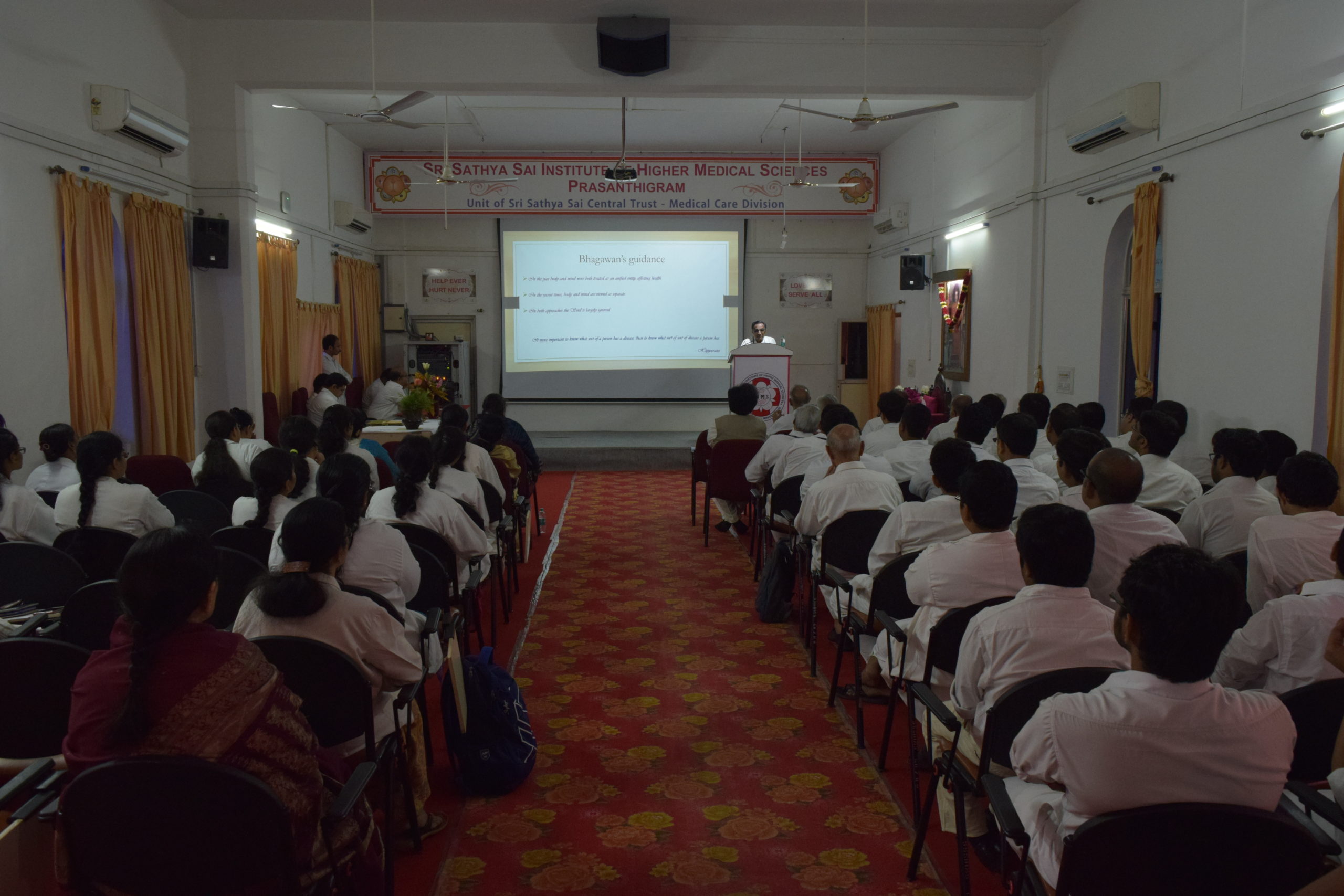
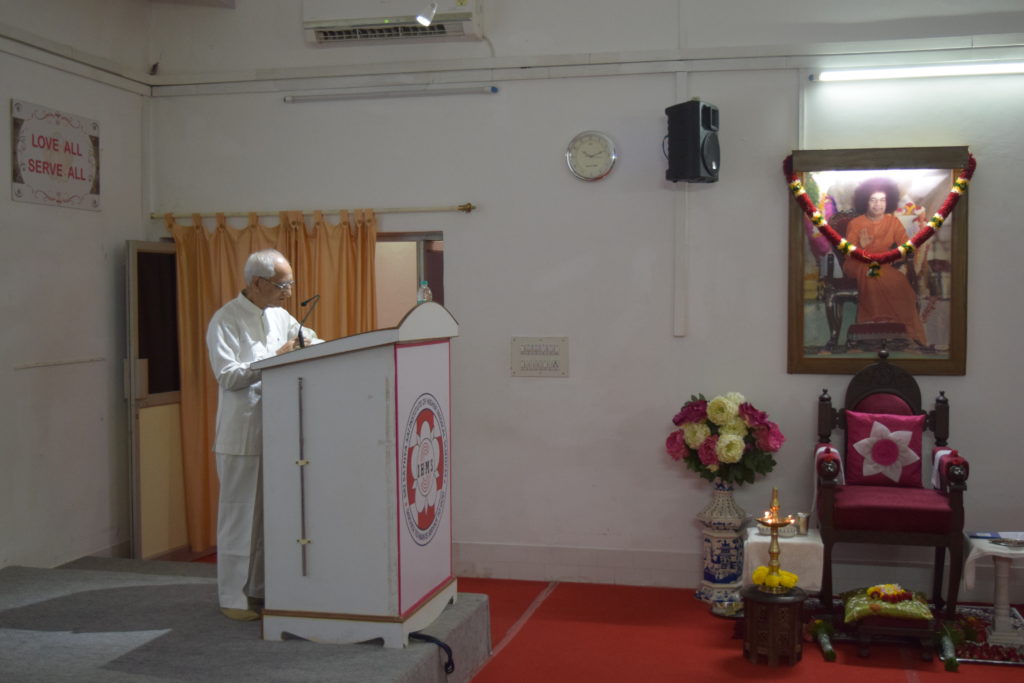
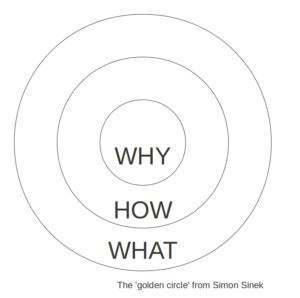

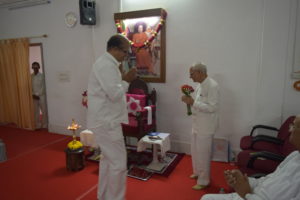
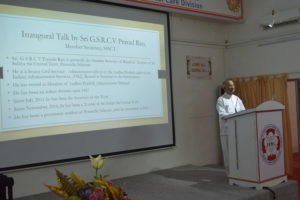
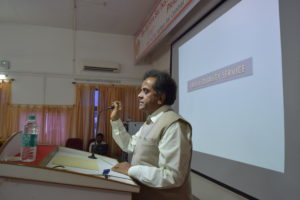
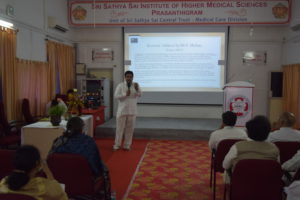
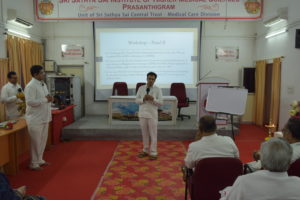
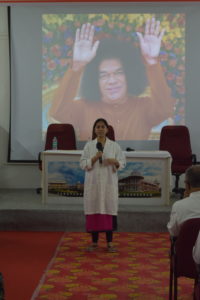
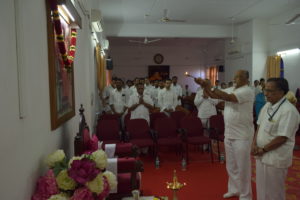
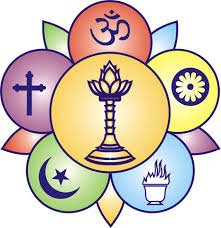

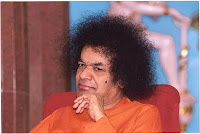

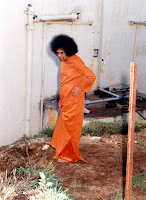


.jpg)
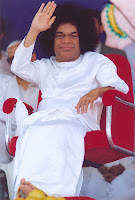






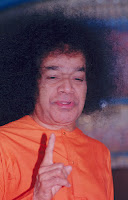.jpg)
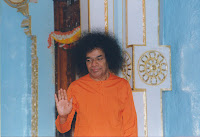.jpg)
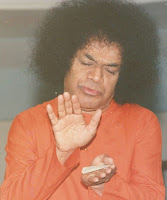.jpg)
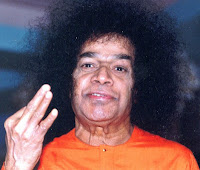.jpg)
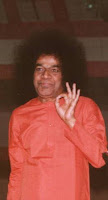.jpg)
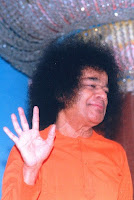.jpg)
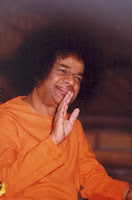.jpg)
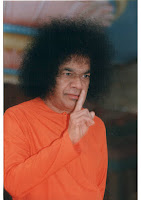.jpg)












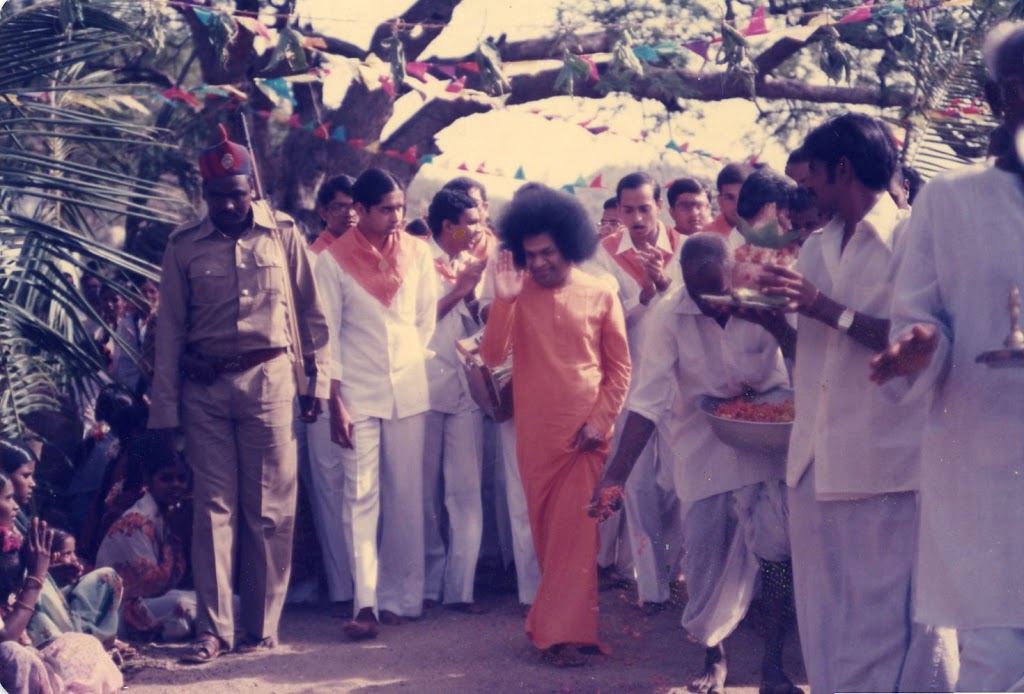







































.jpg)
.jpg)
.jpg)







.jpg)

.jpg)
.jpg)








.jpg)

.jpg)
.jpg)
.jpg)
.jpg)
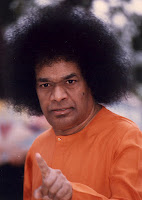


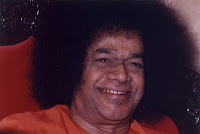



























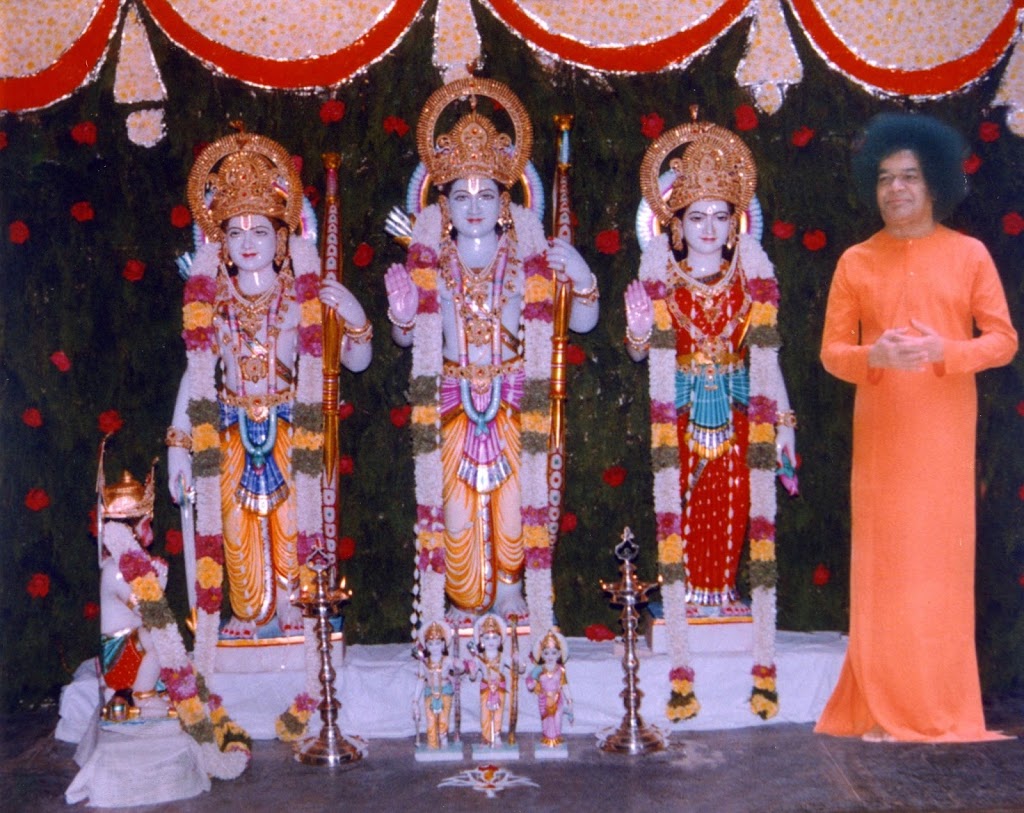

.jpg)





.jpg)


.jpg)
.jpg)
.jpg)

.jpg)




.jpg)














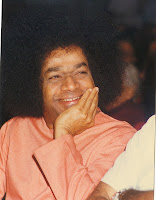.jpg)
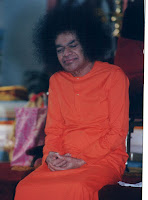.jpg)
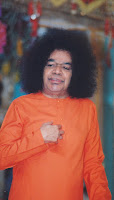.jpg)
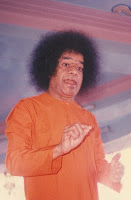.jpg)

.jpg)




























.jpg)

.jpg)
.jpg)
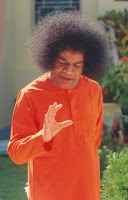.jpg)
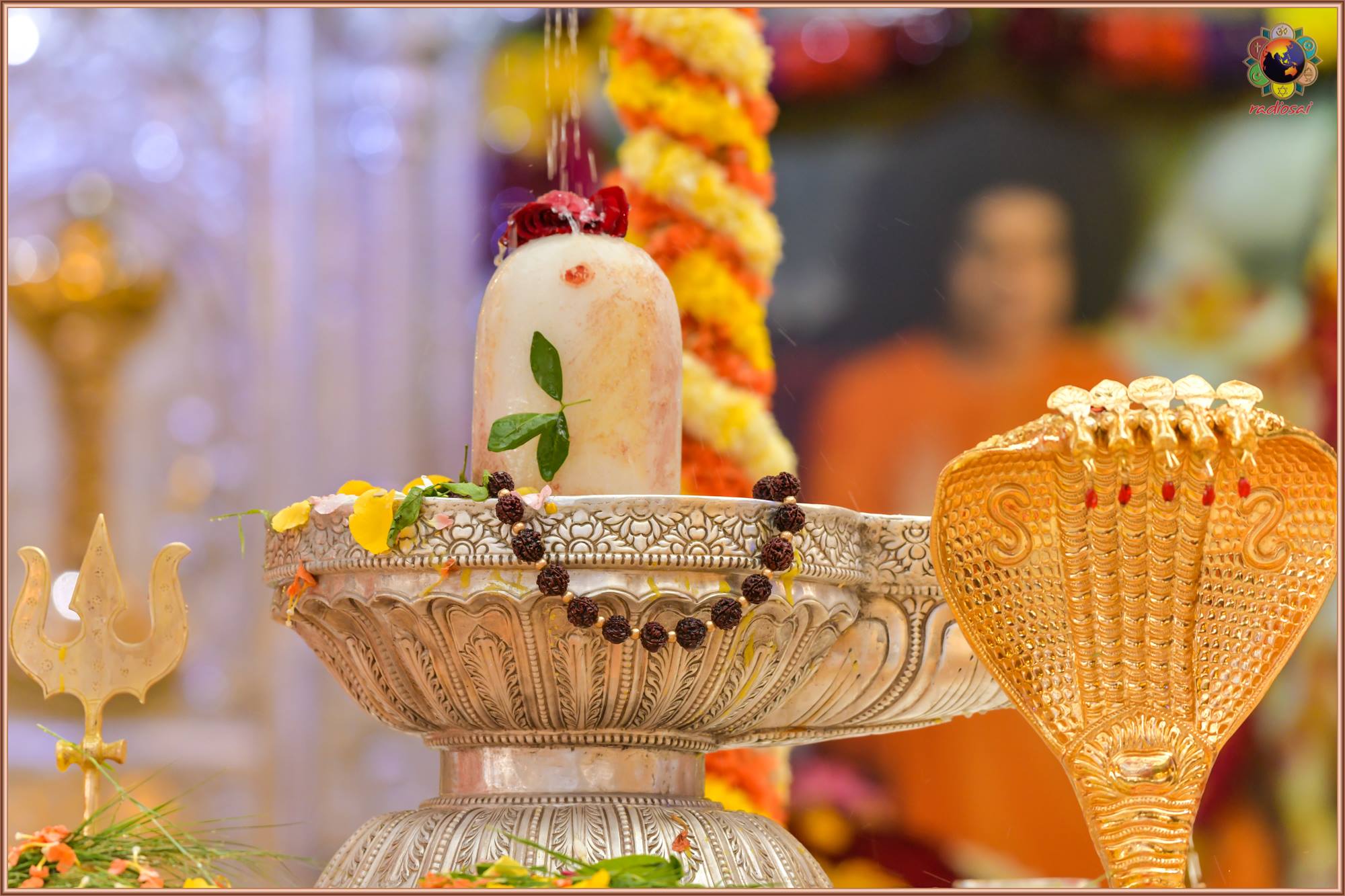








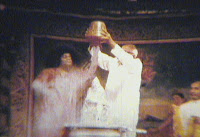



.jpg)










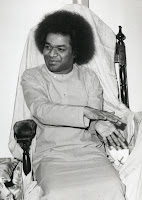.jpg)
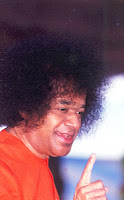.jpg)
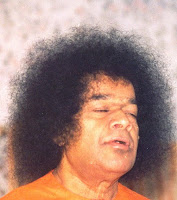.jpg)

.jpg)








